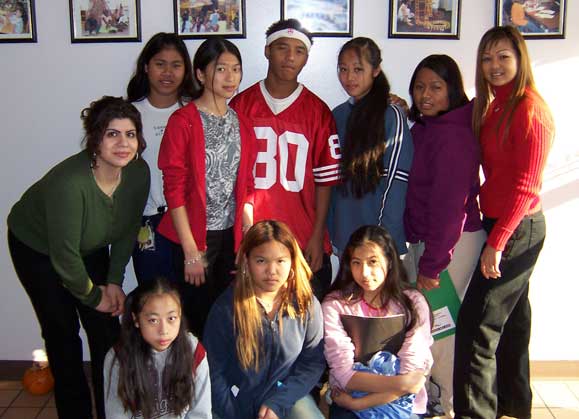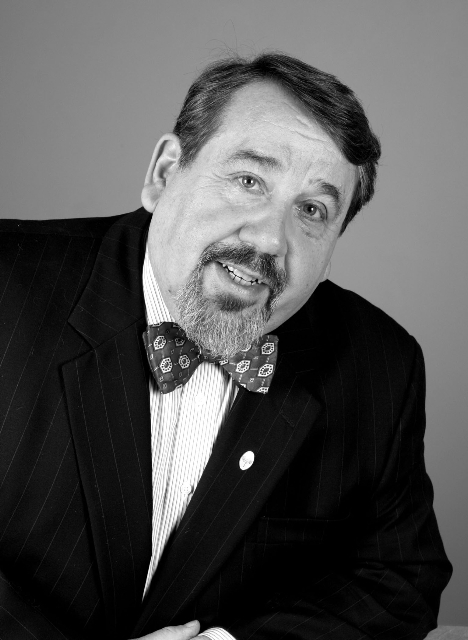Mission
Our mission is to provide affordable housing and services to individuals who qualify for residency in our developments.
Our Vision
To build an institutional base within the housing community that provides resources for people so they can design their own destiny.
- The need to integrate property management and a human service organization into community management by developing a systems approach and not just the old strategy of working with individuals who are experiencing economic poverty.
- Develop the internal capacity of the community by establishing this model of integrated delivery services that gives priority to hiring residents within the community for all the jobs created by this new enterprise.
- Develop an internal finance mechanism that enhances the independence of the service enterprise.
- Develop a program depth focused on education and employment training for all ages. The program should be designed to meet the various stages of human growth and development that occur in the life cycle.
- Develop the capacity of the residents and the organization to provide services to the larger community.
If we are to change the face of poverty in America, we need to change our perceptions of people that experience economic poverty. We need to view them as capable persons that could provide for the community if they had the same level of resources that others enjoy. We also need to realize that working on an individual basis alone is not going to resolve the systemic problems. We need to develop not only a system approach, we need to develop a systemic approach that provides the sequential levels of service that meet the various growth cycle needs that we all go through. In this instance we need to recognize that it is not only individuals in communities of poverty that are disenfranchis-ed; it is also the institutions in communities of poverty that are disenfranchised as well.

Northport Youth Group
A Word on Housing and Mission from Our Director
One of America’s greatest assets is the quality of her communities and neighborhoods. One can say that the security and strength of a country is directly tied to the quality of neighborhoods, communities and the institutions that provide a sustaining stream of unity as people discover a common bond in each other. Such a common bond requires us to accept one another as brothers and sisters with dignity and integrity. We are required by faith to build on the strength of our common humanity and not segregate ourselves according our social order. A social order built on distinctions of difference based on race, ethnicity, gender, economic status, educational status, and other constructs that tear the quilt of community diminishes both those who create theses artificial distinctions and those who are set off as different.
What a revolutionarily different perspective when we look at the distinctions Christ made! Christ asks us to redefine “neighbor” according to standards of compassion and need, not proximity or similarity. Christ identifies himself, not with those of similar heritage and social standing, but with the hungry, the thirsty, the sick, the prisoners. So we must ask ourselves, “How are we to engage one another in the limited time we are given to journey through this time and space? How do we make meaningful contributions to realizing God’s kingdom, as well as be the recipients of grace extended to us by others? How do we realize that all we have is the journey of transition, not the transport of our worldly possessions?” Our house is not a home until our neighborhood is a home for all. Our neighborhood is not a community until we discover our interdependence. Our community is not strong until it is inclusive of people from all backgrounds and circumstances. Our country and our world are not made whole by classifications and distinctions that separate and divide humanity. We are not whole when we isolate ourselves from the unfamiliar and uncomfortable. We are creatures of questing and interdependence. We are a part of a creation that is larger than ourselves.
The time and space that we are given here are a trust that requires a paradoxical stewardship of giving away that which we want the most: acceptance, affirmation, belonging, unconditional love. We want to have and need to give: acceptance by and to others; affirmation of our being as worthy; belonging to others that give us anchor and meaning; unconditional love that does not permit judgments which diminish those who are different.
Housing is not merely a physical issue. It is an issue of acceptance. It is an issue of interdependence. It is an issue of belonging. It is an issue of human rights. It carries the divine imperative of being stewards of the earthly creation in a way that allows all to prosper. Housing is a central issue of any society. America’s greatest challenge is housing the human spirit in communities void of artificial distinctions that alienate each from the other. All islands are bridged to the mainland of humanity in the quest for justice, and housing communities and the extended services they provide can be the substance of those bridges, providing belonging and acceptance without regard to race, ethnicity, religion, income, belief orientations. Housing is the thread of the quilt of community.
Rev. Dr. Carmen Porco
Director of Housing and Community Learning Centers
We affirm and practice affirmative fair housing in the selection of residents and the services available to them.
We will neither accept nor tolerate discrimination in our housing.
We are committed to the development of a housing community in which people of all backgrounds, race, ethnic origins, and life position can live together in a mutually respectful manner.
We believe that every resident has the capability and should have the opportunity to make a positive contribution to our community and to society as a whole.
We call on the integrity and dignity of every resident to contribute and commit to the values identified herein, as these are the values that will be reflected in the management of our individual relationship with each resident and to the resident body as a whole.
